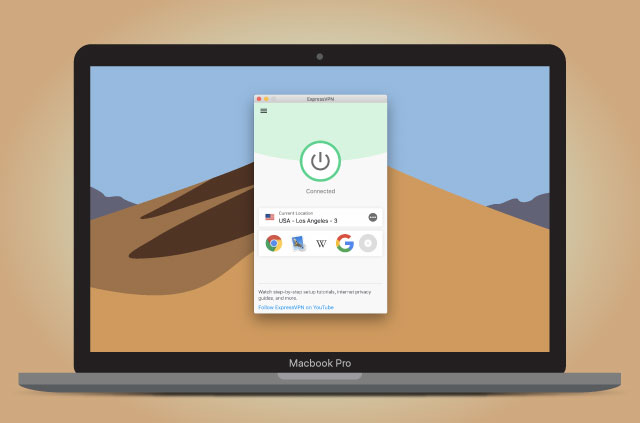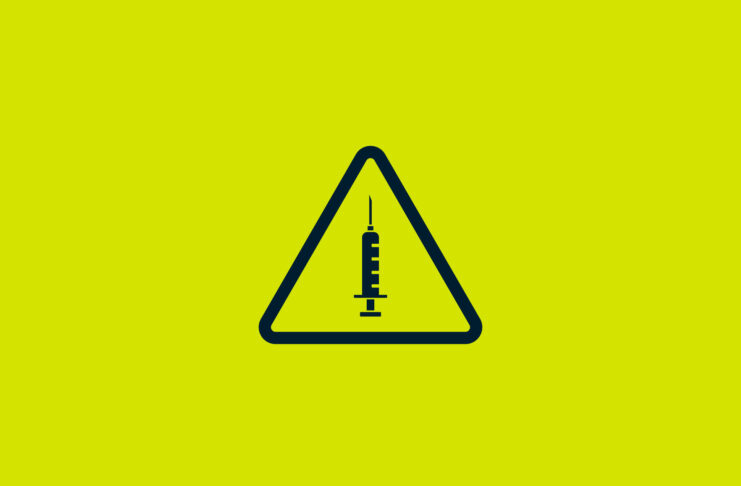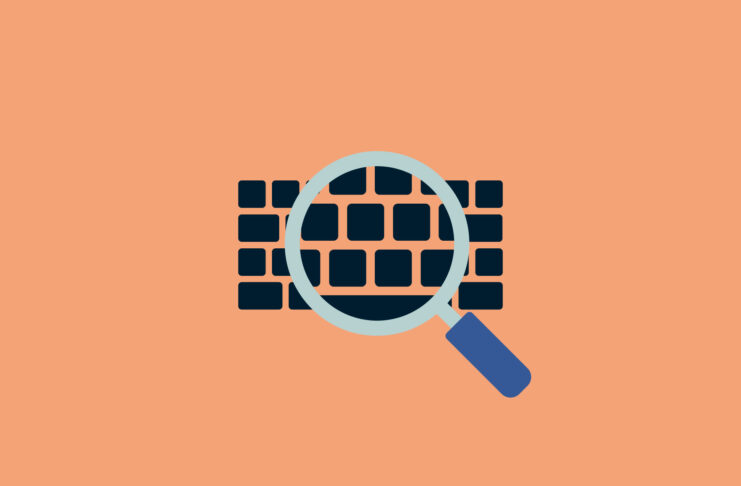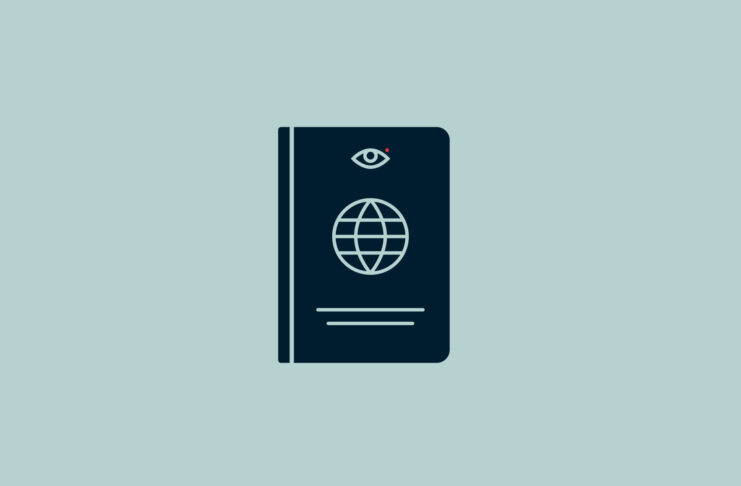NOTE: This post was originally published on November 14, 2018
After great deliberation, we are proud to announce the winner of the ExpressVPN Future of Privacy Scholarship 2018: Savannah Sorenson, a junior from Empire High School in Tucson, Arizona. Congratulations!
This year’s entries rose to the challenge of creating a 10-year plan to ensure the right to privacy for the next generation. Plans ranged from serious policy briefs and monologues to satires tweaking the premise of someone imbued with “the combined powers of all the world’s leaders.”
In the three years of running this scholarship, we have always been struck by the thought, humor, and creativity our entries manage to pack into a mere 400 words. Choosing a winner only seems to get more difficult each year.
However, Savannah’s faux news article caught our eye, detailing how a new form of artificial intelligence, nicknamed Carson, could help secure privacy for everyone on Earth. Read her winning essay on the ExpressVPN Future of Privacy Scholarship page.
There was tough competition, but these five strong runners-up all had unusual takes on the 10-year plan, which we want to recognize. They each won a whole year of ExpressVPN!
They are:
- Mirte Kuijpers, University of Cambridge, UK
- Marc Pescion, University of Denver, Colorado, U.S.
- Tran Duy Minh, University of Massachusetts, U.S.
- Brendan Flaherty, St. Anselm College, New Hampshire, U.S.
- Leah Abrams,Duke University, North Carolina, U.S.
Having a word with the winner
As a junior at Empire High School in Tuscon, Arizona, Savannah Sorenson is already acutely aware of the main problems with technology.
“The biggest threat to security is individuals not knowing who has access to their personal information,” she says. “This threat is especially prevalent in social media because people share so much information.”
And this information does not stay private these days either, no matter where it goes on the internet. “You have to assume that any personal information placed on the internet is no longer private no matter what your security settings are,” Sorenson says. “Being aware of what you put on the internet is the first step to protecting your digital privacy.”
With a keen interest in computer science, and an eye on artificial intelligence (AI), Savannah argues that human oversight of cybersecurity will not be enough. “A company may hire thousands of programmers to protect security, but as cybersecurity threats are ever-changing, a computer is the only thing that can keep up with the pace. It’s a simple numbers game that AI can solve.”
Her solution to the expanding encroachment on privacy rights was then, naturally, to build AI that could combat these threats.
The story of Carson
Savannah was initially going to go for something more conventional. “I originally wrote the essay as a story from a third-person omniscient point of view,” Savannah told ExpressVPN’s Scholarship Manager, Caroline Aguin. “However, after finishing the essay, I felt that in the story left the reader distant from the idea of using AI.”
“Changing the essay into a news article allowed me to tell the reader exactly how AI could be used, and show just how much potential AI has to solve the world’s security problems in our world today.”
And why call it Carson?
“I named the program Carson because I wanted to give the AI an unisex name to be known by. I didn’t include it in the essay, but Carson stands for Central Artificial intelligence Rapid Security Open source Network.”
I suppose Cairsosn doesn’t quite have the same ring to it.
Achieving privacy remains a problem
Until Carson, or something similar, can even be entertained, however, Savannah is resolute in taking personal digital privacy hygiene seriously. “It is the responsibility of everyone who chooses to access the internet or own an electronic device,” she remarked. “You can’t assume that you can use modern technology and not take steps to protect your own digital security.”
On a personal level, Savannah says she always wants to be aware of the data she is putting online, but the struggle remains. She points to the odd situation people who have “grown up” with pervasive technology are in. “Younger generations have a greater knowledge in how to protect their digital security because they have grown up with technology that is new to older generations, but this same strength can be turned into ignorance when younger generations fail to recognize cybersecurity threats because they take this technology for granted.”
Looking ahead
There’s perhaps hope yet—Savannah is keen to pursue her interest in computer science in college, and focus in particular on artificial intelligence.
Her drive and determination to pursue this rapidly growing field is commendable, and we at ExpressVPN wish her all the best in her future studies.
~
Is privacy a topic that matters to you? Consider applying to the ExpressVPN Future of Privacy Scholarship next year! More details to come in early 2019.



























